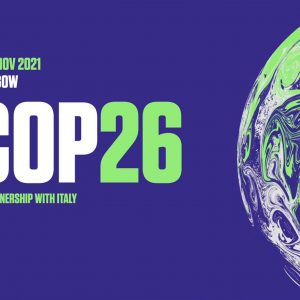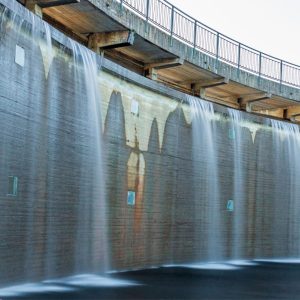IWRA is pleased to announce the Water International best paper and honourable mention awards for 2017. Both address issues in the governance of international waters, one of the core themes of the IWRA, and Water International. Best Papers are selected by the Editorial Board of the journal based upon a short list provided by the Editorial Team (Editor-in-Chief, Deputy Editor-in-Chief, and Associate Editors).
BEST PAPER AWARDEE
Marloes H.N. Bakker and James A. Duncan
Water International, 42:4, 400-424, DOI: 10.1080/02508060.2017.1331412
Using global data, this article examines the nexus of transboundary flood events and future social vulnerability. Which international river basins are forecast to experience an increase in both hydrological variability and population in the future, but currently lack institutional provisions to deal with these shared events? Concentrations of elevated risk are found in several basins in Central Asia, Central America and Central Africa. The article ends by highlighting transboundary basins that merit further investigation and possibly additional institution building to reduce urban flood risk.
Marloes H. N. Bakker is a Researcher at the Resilient Deltas research group of the HZ University of Applied Sciences, Middelburg; and James A. Duncan is Director of the Forest Ecosystem Monitoring Cooperative and a Researcher in the Rubinstein School of Environment and Natural Resources at the University of Vermont.


Marloes H. N. Bakker
James A. Duncan
HONOURABLE MENTION AWARDEE
International water conflict and cooperation: challenges and opportunities
Jacob D. Petersen-Perlman, Jennifer C. Veilleux and Aaron T. Wolf
Water International, 42:2, 105-120, DOI: 10.1080/02508060.2017.1276041
Though awareness of the nature of water conflict and cooperation has improved over time, the likelihood of water conflicts could increase as populations continue to grow and climate change continues to manifest. This article details the nature of water conflict and water cooperation. We discuss how water conflicts can be resolved, how water can be seen as a vehicle for change between states, and future directions that can be taken in transboundary water conflict research.
Jacob D. Petersen-Perlman is Assistant Professor in the Department of Geography, Planning, & Environment at East Carolina University; Jennifer C. Veilleux is a Research Affiliate in the Steven J. Green School of International and Public Affairs at Florida International University; and Aaron T. Wolf is Professor of Geography at Oregon State University.



Jacob D. Petersen-Perlman
Jennifer C. Veilleux
Aaron T. Wolf




